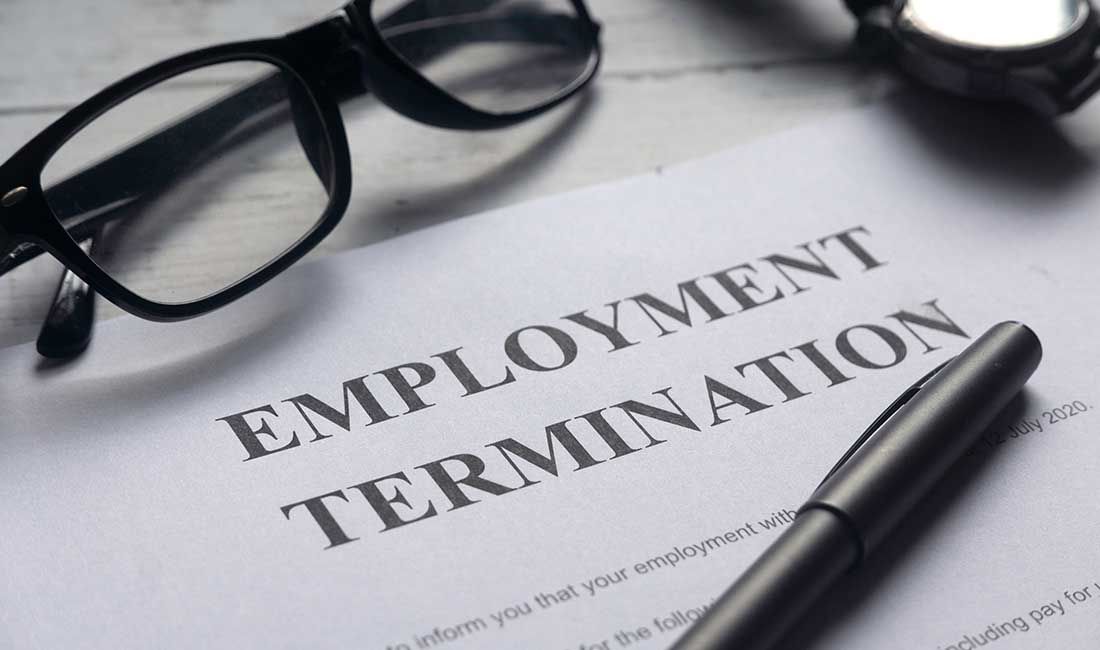Hosepipe Bans Across England

| W.E.U Admin | Physical Health & Lifestyle
TAGS: England
As of July 2025, hosepipe bans across England are being enforced or announced across large parts of the country due to severe water shortages. More than 8.5 million people now face restrictions as reservoirs, rivers and critically important chalk streams hit record lows.
Areas Affected by the Ban
- Yorkshire Water – Ban in effect from 11 July, covering approximately 5 million customers across West/South Yorkshire, East Riding, North Yorkshire and surrounding areas.
- South East Water – Ban starts 18 July in parts of Kent and Sussex (not the entire region), affecting around 1.4 million households.
- Thames Water – Ban from 22 July for about 1.1 million customers in OX, GL, SN and RG4/8/9 postcodes (Oxfordshire, Gloucestershire, Berkshire, Wiltshire and Swindon).
- Southern Water – Ban effective at 9 am on 21 July, covering roughly 1 million people in Hampshire and the Isle of Wight to protect critically low chalk-stream flows.
Why the Bans Are in Place
This summer follows the driest spring since 1893, with rainfall down 50–70% in key catchments. Recent heatwaves pushed demand to record highs while rivers and reservoirs – especially precious chalk streams – have dropped to critically low levels, some 20–30% below typical summer flows.
What the Ban Means for Households and Businesses
Under a Temporary Use Ban (TUB), the following activities are prohibited:
- Using hosepipes for watering gardens, washing cars/patios/weeds, filling pools or cleaning exterior surfaces.
- Penalties of up to £1,000 for violations.
Allowed activities include:
- Watering with watering cans or non-mains sources (e.g., collected rainwater).
- Exemptions for medical needs, Blue-Badge holders, allotment irrigation, essential cleaning and businesses on priority registers.
Criticism of Water Company Management
Beyond climate impacts, critics argue that poor resource management by several companies has worsened the crisis. Thames Water and Southern Water continue to leak over 2.4 billion litres a day from ageing pipes. Despite warnings, plans for new reservoirs and improved drought resilience have faced delays, even as profits and dividends flow to investors.
Next Steps and Official Advice
No end dates are set; bans will remain until significant rainfall refills supplies. If dry conditions persist, authorities may escalate restrictions to cover public pools or commercial uses. All households – even those outside ban zones – are urged to conserve water given the system’s fragility after years of underinvestment and increased climate strain.
The goal is to preserve essential supplies and protect vulnerable ecosystems until rainfall replenishes water levels. Urgent action by government and regulators is needed to secure long-term water security for all.
workersofengland.co.uk | Independent Workers Trade Union
This Article is Tagged under:
England
Share Article
Most Popular Articles
Related Information Items
-

Career Planning: Mapping Out Promotion Paths and Negotiating Responsibilities
| W.E.U Admin | Personal Development & Support


















